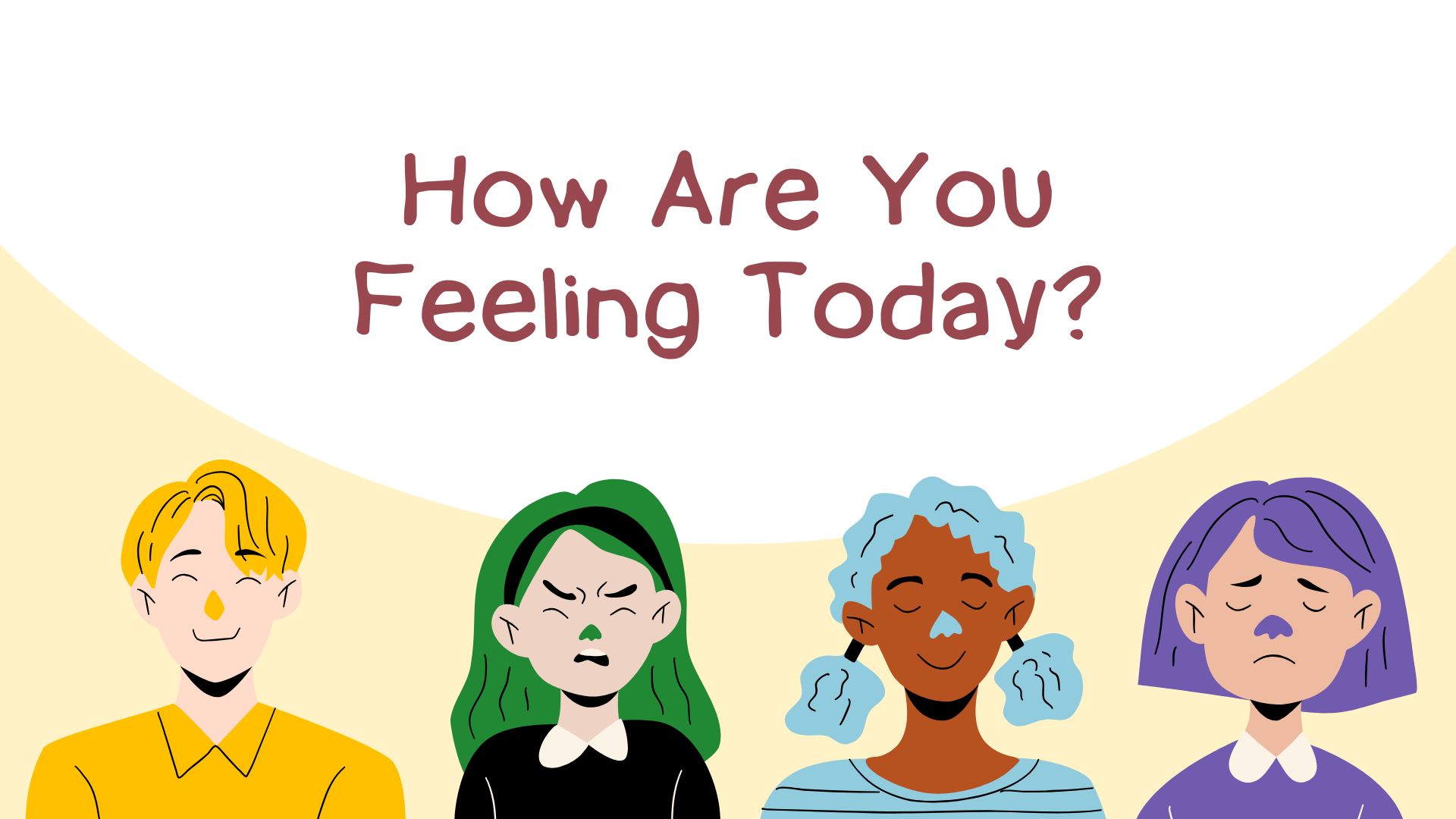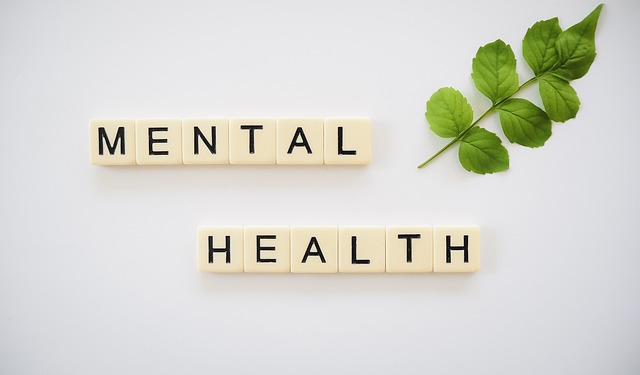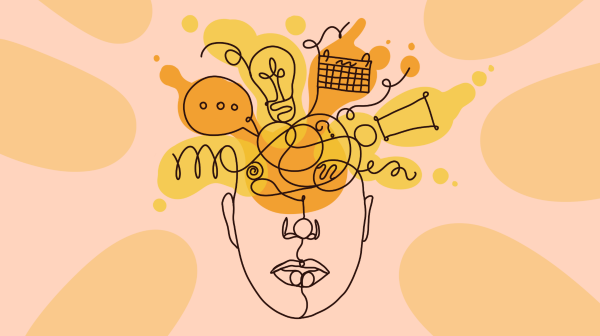Depression is a mental health disorder that goes beyond sadness, affecting thoughts, feelings, and even physical health. Often misunderstood, depression can lead to feelings of isolation and hopelessness. Understanding the symptoms and knowing when to seek help is crucial for managing this condition effectively.
Problem Pointers:
- Persistent Feelings of Sadness and Hopelessness: Unlike sadness, which is temporary, depression involves ongoing feelings of hopelessness, emptiness, and despair that don’t go away. These emotions often interfere with daily activities and relationships.
- Loss of Interest in Previously Enjoyed Activities: Depression often leads to a loss of pleasure in hobbies, social interactions, and other activities. This lack of motivation can further fuel feelings of loneliness and isolation.
- Physical Symptoms and Fatigue: Depression doesn’t only affect mental health—it often leads to physical symptoms like fatigue, changes in appetite, difficulty sleeping, or oversleeping. This combination of symptoms can exacerbate feelings of exhaustion and low energy.
- Difficulty Concentrating and Making Decisions: People with depression may find it hard to focus on tasks or make decisions, often feeling mentally “foggy.” This can impact work, study, or personal responsibilities, creating further stress and frustration.
Solution Pointers:
- Professional Therapy: Therapy, particularly cognitive-behavioral therapy (CBT), has been shown to help individuals manage depression by identifying and altering negative thought patterns. Working with a therapist can help individuals understand the root causes of their depression and develop coping strategies.
- Incorporate Self-Care Routines: Establishing a daily self-care routine can provide small but impactful steps toward better mental health. Gentle physical activity, nutritious meals, and consistent sleep patterns can boost energy levels and improve mood.
- Reach Out to a Support System: Talking to friends or family members about how you feel can alleviate some of the isolation that comes with depression. Connecting with others, even when it feels difficult, can provide valuable emotional support.
- Consider Medication if Needed: For some individuals, medication may be a useful addition to therapy. Consulting a healthcare professional about options can help you make an informed decision. In combination with therapy, medication can improve symptoms and provide stability.
Conclusion:
Depression is a challenging but manageable condition. With the right support, lifestyle adjustments, and therapeutic guidance, individuals can find relief and regain a sense of purpose and joy. If you’re ready to explore a supportive environment to address depression, Woselle’s online therapy services offer compassionate, professional help tailored to your needs.




